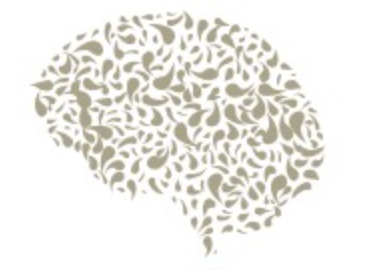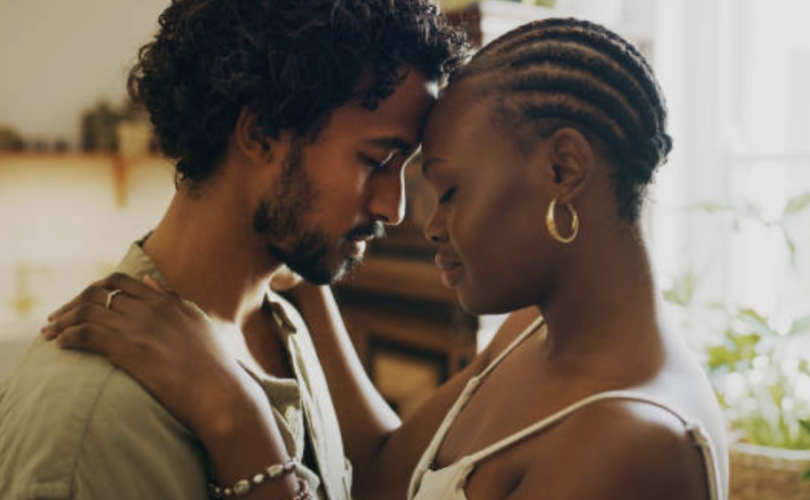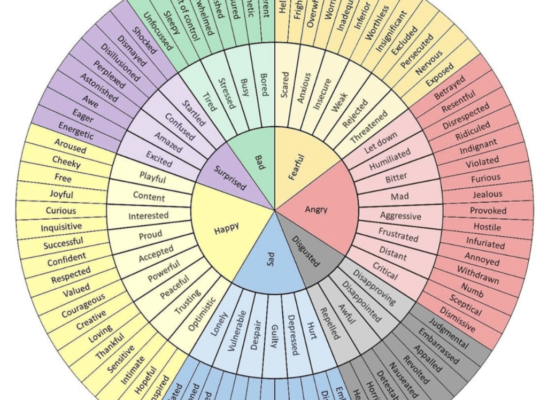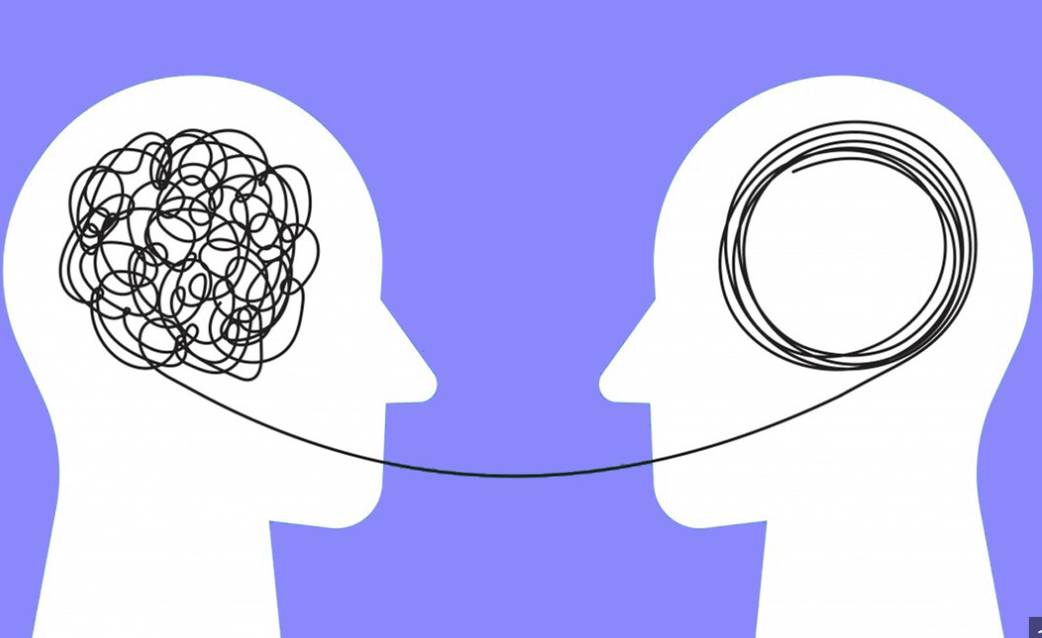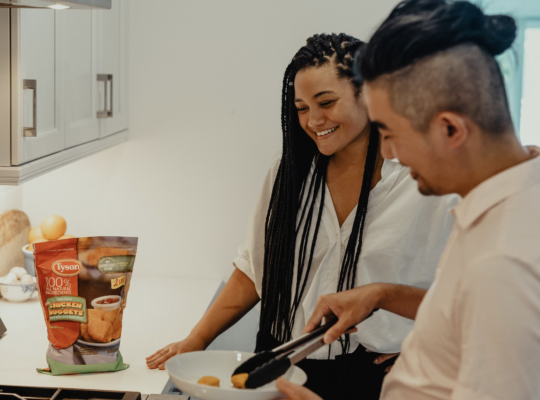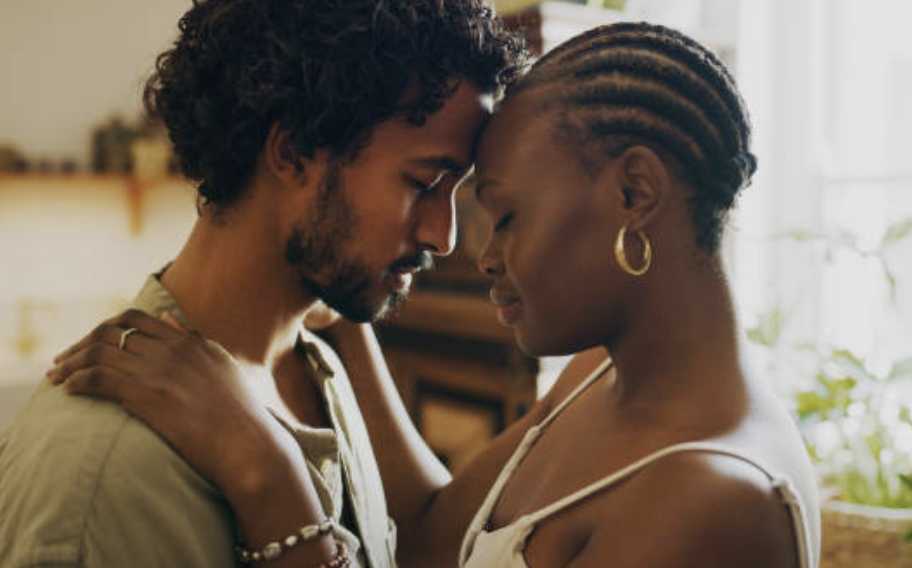
Let’s be honest: relationships can be tough. They involve misunderstandings, mistakes, and sometimes deep hurt. But there’s one powerful tool that can help you move through the challenges: forgiveness.
As a psychologist, I’ve seen firsthand how important forgiveness is in relationships. It’s not just a nice gesture—it’s essential for maintaining emotional health and repairing connections, whether the hurt is small or major. Forgiveness is what allows relationships to heal and grow, even after conflict.
Why Forgiveness is Crucial in Healthy Relationships
Forgiveness is often misunderstood. It’s not about ignoring or excusing someone’s wrong actions. It’s about releasing resentment and anger, which can otherwise negatively affect your emotional well-being. When you hold onto grudges, you carry around pain that impacts how you interact with others, including the person you’re upset with. This internal emotional burden is harmful to you, not them.
Forgiving doesn’t mean everything is “okay” again; it means you’re making space for healing, empathy, and deeper connection. Forgiveness benefits your mental and physical health—it reduces stress, improves mood, and can even help with physical ailments caused by emotional strain. It’s not just for the other person—it’s for you, too.
The Importance of a Sincere Apology
Forgiveness is most effective when paired with a genuine apology. A true apology addresses three important things:
- Acknowledge the Pain: The person who hurt you needs to recognize the impact of their actions, not just express regret for how you feel. This validates your experience and shows they understand the hurt they’ve caused.
- Take Responsibility: The person must fully own their actions without offering excuses or blaming others. Accountability builds trust.
- Make Amends: A sincere apology includes a commitment to do better. It involves asking how you can repair the damage and prevent future harm.
Without these steps, an apology may feel insincere, making it harder for you to forgive.
What If You Don’t Get an Apology?
Sometimes, the apology you need never comes. The other person may not be ready to apologize, or perhaps they’re no longer part of your life. This doesn’t mean you’re stuck with anger or bitterness. In these cases, forgiveness becomes a personal decision and a form of self-care.
Reframe forgiveness as something you do for your own emotional freedom, not for the other person. By choosing to forgive, you release yourself from the emotional grip of resentment. It’s not about justifying their behavior but about taking back control over your own emotions. Journaling, therapy, and mindfulness can be helpful tools to process and let go of lingering feelings.
Rebuilding Trust After Forgiveness
Forgiveness doesn’t automatically restore trust. Trust requires consistent actions and time. Here’s how you can rebuild it:
- Set Clear Boundaries: Forgiving doesn’t mean tolerating harmful behavior repeatedly. Be clear about what is and isn’t acceptable moving forward.
- Communicate Openly: Honest and open communication is key in rebuilding trust. Talk about your fears, needs, and expectations with your partner.
- Celebrate Progress: Trust is rebuilt slowly. Acknowledge and appreciate the small steps—such as keeping promises or engaging in meaningful conversations—toward rebuilding your connection.
Letting Go of Resentment
Resentment can be one of the hardest emotions to release. It lingers, reminding you of past hurts, but holding onto it only hurts you. To let go of resentment:
- Practice Empathy: Try to understand the other person’s point of view. You don’t have to excuse their actions, but seeing things from their perspective can soften your anger.
- Cognitive reframing: Shift your perspective to focus on the lesson, not the hurt.
- Gratitude practice: Remind yourself of the positives in the relationship.
- Focus on the Present: Resentment keeps you trapped in the past. Focusing on the present moment and what’s good in the relationship today helps you let go of negative emotions.
- Seek Support: Talking to a trusted friend or therapist can help you process and release your feelings of resentment.
Final Thoughts
Forgiveness in relationships isn’t a one-time fix. It’s a continuous process of choosing emotional growth, compassion, and connection over resentment. Forgiveness is a tool that can help you create the kind of relationship you want—one that can endure difficult times and nurture both individuals.
The next time a conflict arises, choose forgiveness. It will make your relationship stronger and help you grow emotionally, both as a couple and as individuals.
Forgiveness. It’s one of those words we often hear but rarely sit with long enough to unpack. Picture this: a friend forgets your birthday, a partner crosses a boundary, or a family member’s words sting deeper than intended. Conflict is inevitable, yet reconciliation can feel elusive. Studies show that relationships thrive not because conflicts don’t happen, but because we learn how to repair and move forward. That’s where the art of apologising and the practice of forgiveness come in.
Forgiveness isn’t just a gift you give others—it’s a gift you give yourself.
